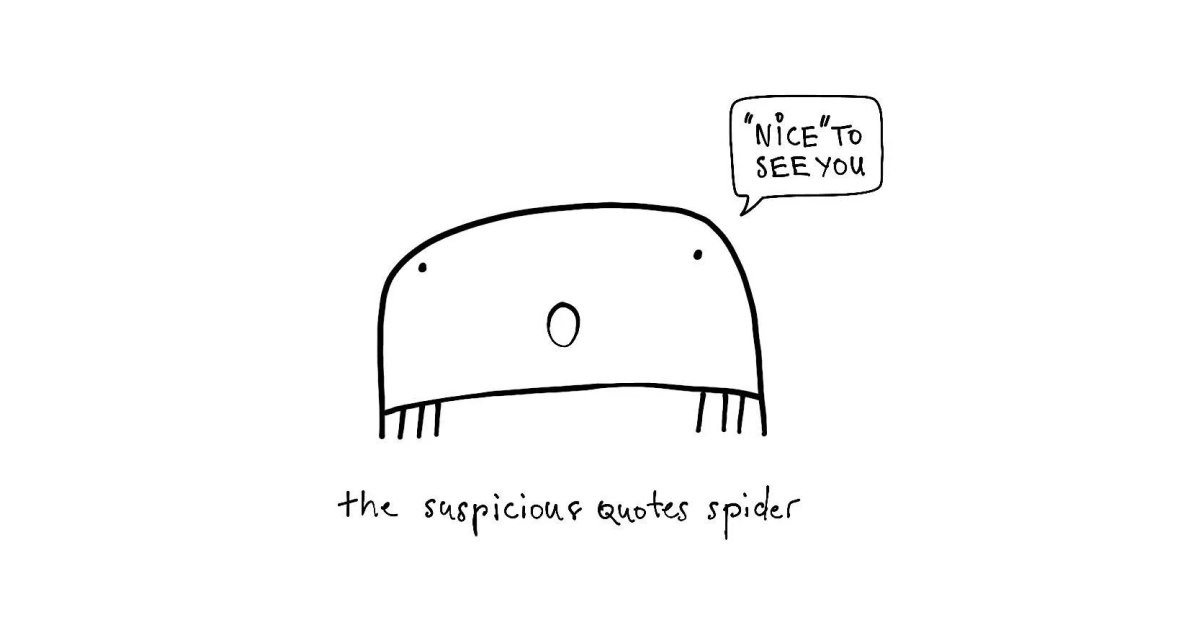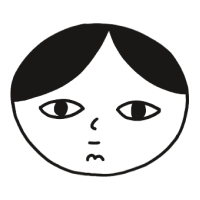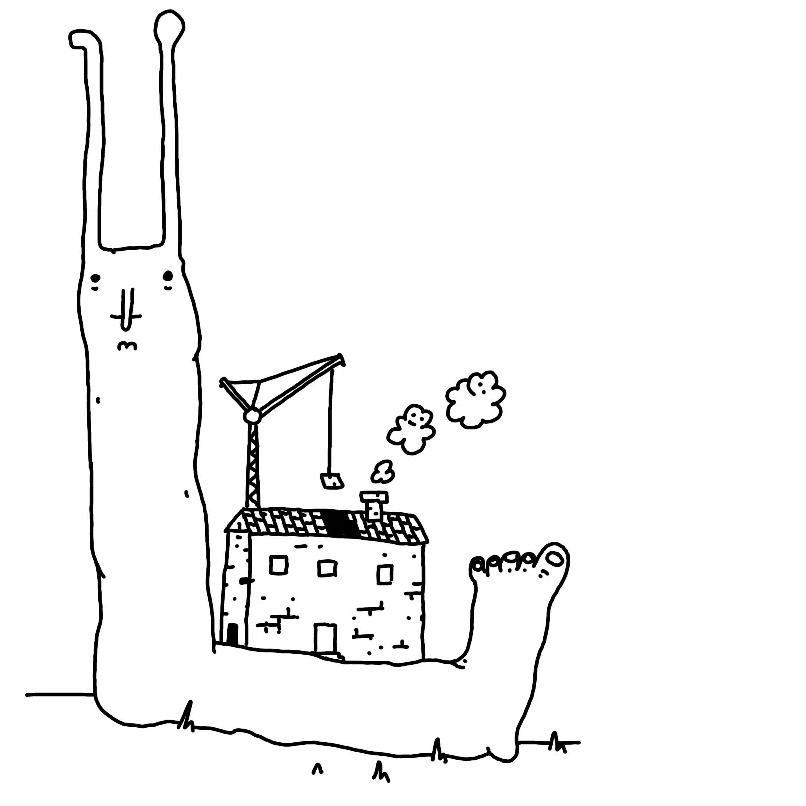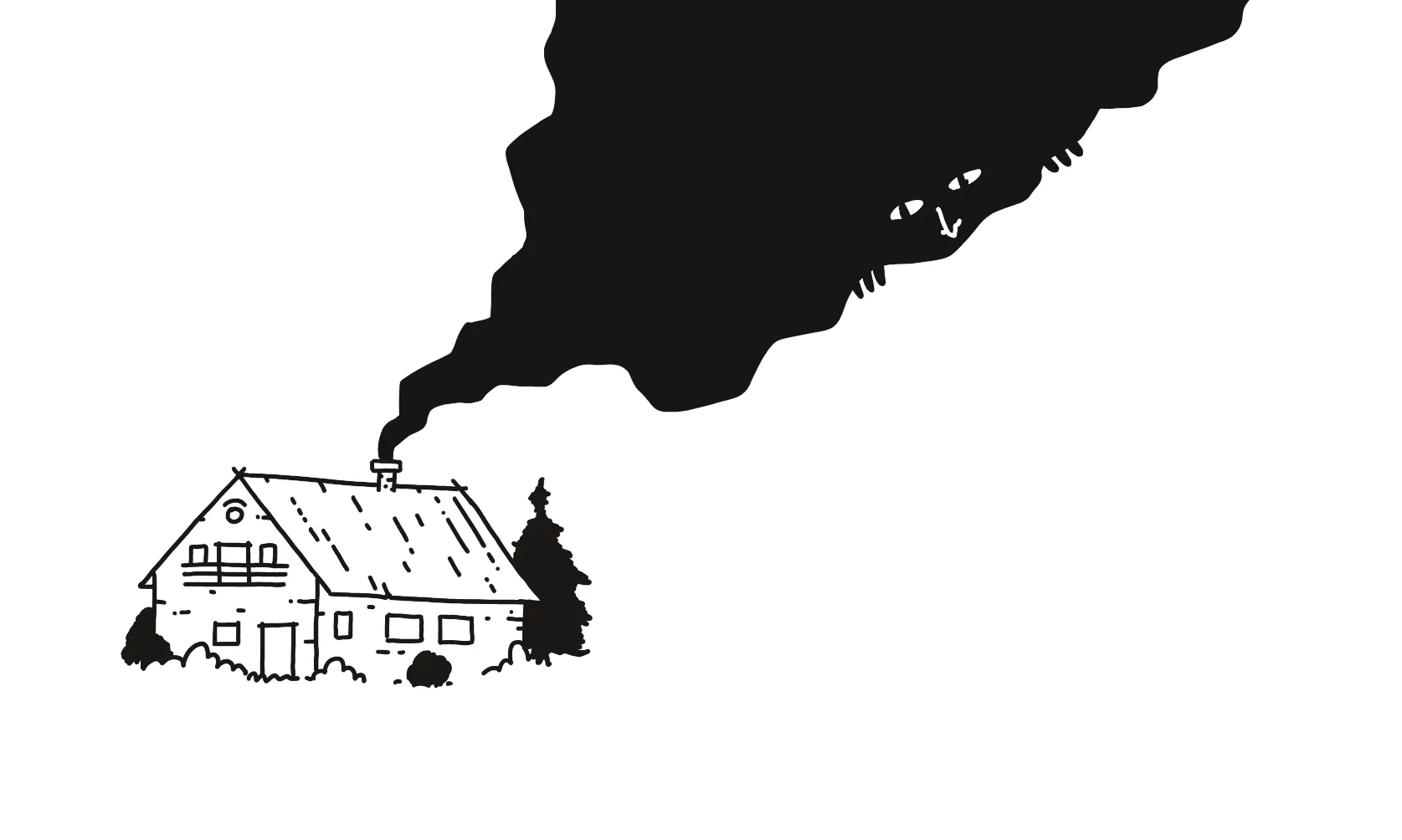
I'm quite lucky. Most of the interactions I have with people through my work or Say Hi are unusually positive. People, overwhelmingly, are kind (Share your unfinished, scrappy work).
On the rare occasion I spot a troll in the wild, I feel that familiar little shitty spark™ and need to exercise willpower not to take the bait. At the same time, it takes me ages to reply to people engaging with my work in a positive or constructive way. Why is that?
(This is my personal take, so take it with a truck of salt. I still hope that you'll find something that resonates with your own experience.)
Reasons replying to overly negative comments feels easy
Negativity bias, insecurity and compulsion (a.k.a. the charcoal, saltpeter and sulphur of any good social media thread):
- we're already more likely to focus on the negatives, and
- we mistake a negative comment for a threat to our position in the herd (an old and very strong instinct in tweeting bald apes), so
- we act compulsively by biting back (but why bite and hiss when one can mrr?).
Side note: this is not much different from the way most click-bait articles and ads work. After the dopamine hit, there's a sense of emptiness. (You can fill that void by subscribing to NordVPN or HelloFresh.)
Years of practice play a role here too: many families, and most of our schools and jobs prioritise punishing mistakes over helping us learn from them.
This topic has been beaten to death and I'm trying to keep this note short, so I'll stop here.
Reasons replying to positive feedback feels hard
The lack of experience in handling positive feedback and people expressing their kindness. Many of us have not been taught how to do it. This creates friction, it feels hard to respond to positive messages as much as it feels hard to utter a complete sentence in a language you've just started learning (or, in my case, play any guitar solo that is not Come as You Are.)
Fear that the response might not live up to expectations. Deep down I think that I'm just not good enough (but the people who reached out haven't figured that out yet.) Responding to a comment, DM or email is a deeper form of interaction. This makes me more exposed, there are more ways to trip. Now, they'll realise that I'm a fraud and didn't deserve any of their effort.
This is as rational as playing chess with your limbic system can ever be, but in practical terms, I'm not consciously thinking about any of that, but instead distract myself with something else and procrastinate.
How I approach this:
Again, this works for the brain sponge who wrote this. Most of the "anti-procrastination" advice doesn't work for me, but learning about why we act a certain way and setting up systems to accommodate that seems to be a better approach (Hummingbirds are Evil! Procrastination, Laziness and Play ).
Practice replying frequently. The reason it feels hard is precisely because you're learning. The more I do it, the easier and less scary it gets.
Side note: whereas a younger brain can learn somewhat passively, in the case of adults neuroplasticity is achieved through either repetition or trauma.
Time-box replies. It's much easier to reply when I force myself to do that in a specified, very short amount of time (e.g. 1 pomodoro for n emails, Deadlines Bring Focus).
Learn to enjoy it by paying more attention to it. I know this sounds silly, but I keep a folder with screenshots of emails/comments/DMs from people who had something nice to say about my work or if it resonated with them. It felt uncomfortable at first, but I know there's no rational reason it should.
Another (potential) reason
A friend once asked me: why do you apologise so often?
It's safer to say I'm sorry than to say thank you.
Why is it So Hard to Respond to Positive Comments (longer article draft)
article-idea
 Did you enjoy reading this article? Consider
Did you enjoy reading this article? Consider 
